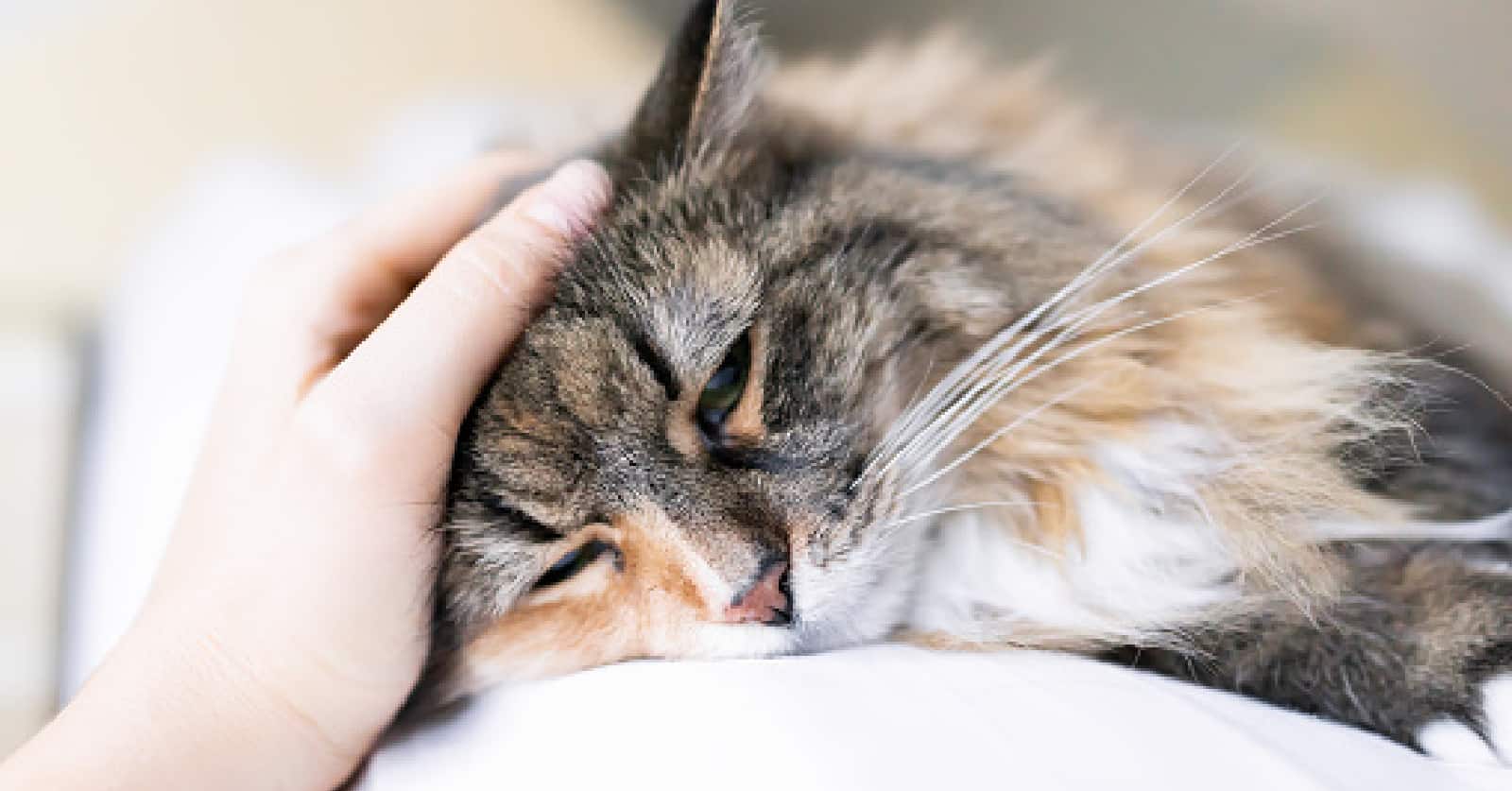Cats, by nature, are a little less expressive than the average golden retriever you might have. This simply implies that cats require a greater degree of monitoring. While cats might be easier to read when they are famished, it is difficult to do so when they are sick and unhealthy. There are a few telltale signs, though—only if you choose to see them.
1. Loss of Appetite
If you think about it, mammals as we are, cats and humans have a lot in common. Before you dive into the idea of being a “cat person”, no, we are referring to certain biological processes. For instance, while loss of appetite can result from a plethora of underlying conditions, it is surely a sign of things not being quite right.
It is imperative that you use your power of observance and discretion in such scenarios. Does your cat seem off? Does your cat seem very grumpy? Are you overfeeding your cat? Any of these signs can be a ramification of physiological issues or a generally unhealthy lifestyle. Consult your vet if need be.
2. Increased Appetite
Wait, this sounds contradictory, doesn’t it? Hear us out.
While loss of appetite can be a sign of certain conditions, so is an increase in appetite. We do not want to sound philosophical but the key to living a healthy life is to maintain balance with regards to all its attributes, especially food ingestion.
This seems to be particularly relevant in case of older cats. It is an established fact that hyperthyroidism might result in increased appetite, and by association from one mammal to another, this applies to cats too, especially older ones. Simply put, as odd as it sounds, if your older cat has an abnormally increased appetite, pay a visit to your vet.
While such frequent visits might be fairly expensive, cat insurances usually have such issues covered, especially for older ones. If you are not aware of what is cat insurance, you might want to look out for insurance companies and get such doubts cleared—especially considering that your cat has reached its senescence. Such measures come in handy.
On a similar note of increased appetite, sometimes your cat might not have any issues, but overeating definitely would lead to obesity, thereby increasing chances of other complications.
3. Respiratory Changes
Respiratory changes are a telltale sign that your cat is unhealthy. Wheezing, coughing, shortness of breath—the pillars of such respiratory distresses, which in some cases might be alarming too. Visit the doctor if such instances become more apparent and more frequent.
Discharges from such respiratory vents are problematic too. If your cat seems to be having frequent discharges from the nose or throat, check up on the vet immediately. If such discharges are apparent from the eyes too, there is a sure sign of infection, and it’s a sure sign for you to visit the emergency.
4. Fur Loss and Skin Problems
If your cat is losing out on the hair, chances are that your cat isn’t suffering from the genetic baldness that humans might, but it might be something worse.
Skin problems are one of the more obvious signs of your cat not being in a healthy condition. While we understand that older cats might have a chance of losing fur owing to their age and biological processes slowing down, the chances of skin issues are minimum. On the contrary, one can say that skin irritations and fur loss is a sure sign of infection and inflammation.
Skin problems might also be due to unhealthy life choices, especially dietary choices. Are you feeding your cat things that it is allergic to? Are you feeding your cat food that is meant for humans to nibble on? This might prove to be rather detrimental, especially in the long run.
5. Limping
One of the surer signs of trauma, a limping cat should not be ignored. Mostly seen in younger and more active cats, limping could be a sign of anything from minor trauma to issues in the bone. Either way, your unhealthy cat needs to be checked.
Sure, your cat might recover from the injury, but say that there was a previous misplacement of bone and your lack of discretion has resulted in improper re-joining—now that sounds like a disaster. Not only will your cat be writhing in pain all throughout the subsequent years, but lack of motivation to be active will make them unhealthy and obese.
The Bottom Line
Your pets are an extension of you. How you take care of your pet simply indicates to how you take care of yourself, how you prefer grooming yourself. If you have a cat at home, ensure that you monitor its health and take subsequent steps if things don’t seem as fit and healthy.



